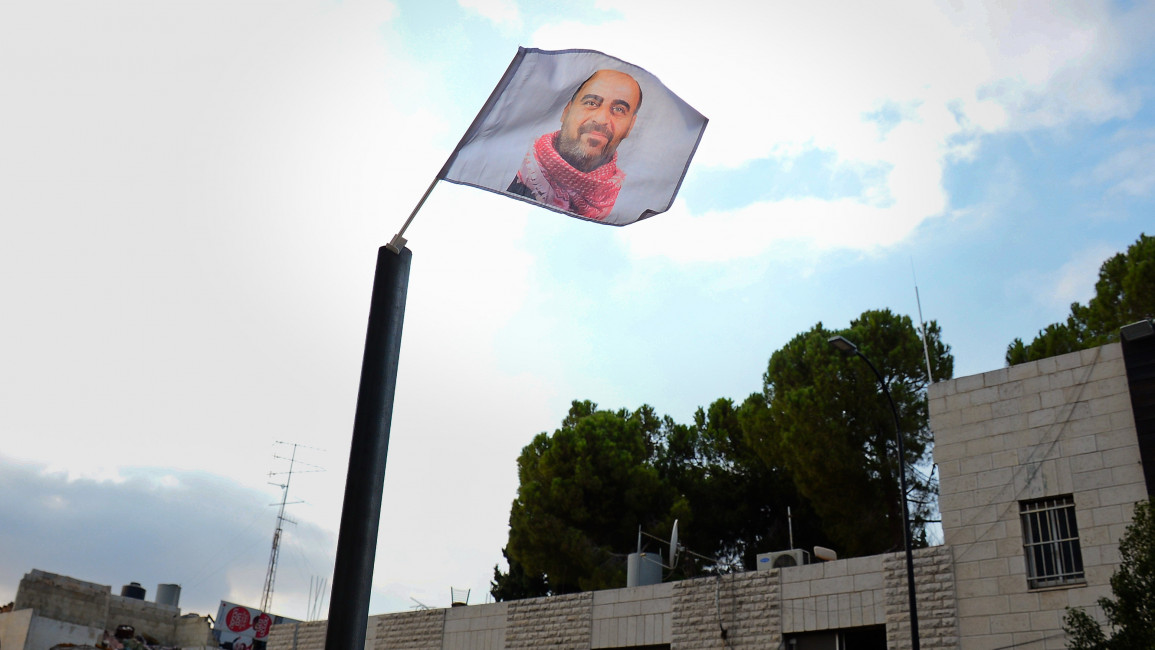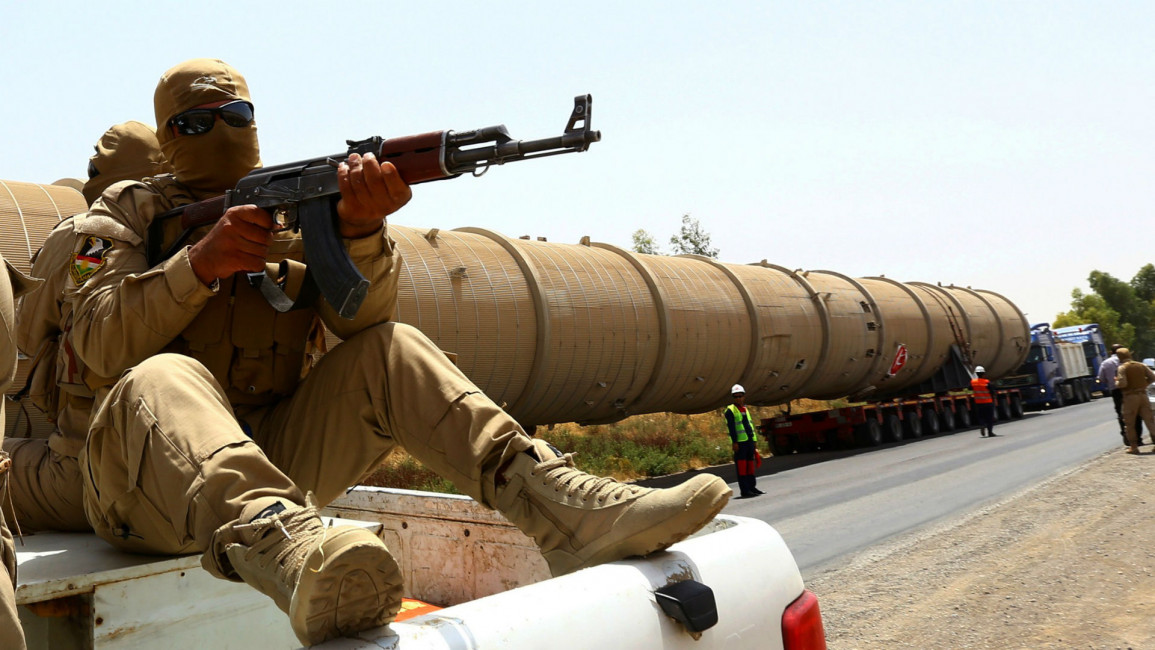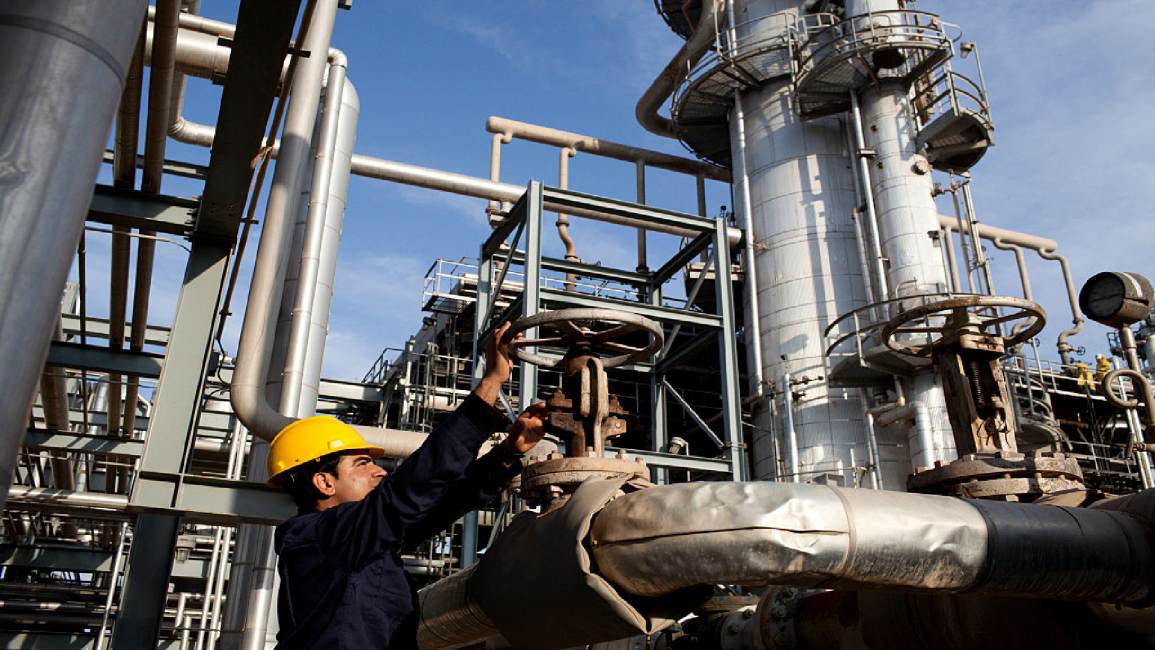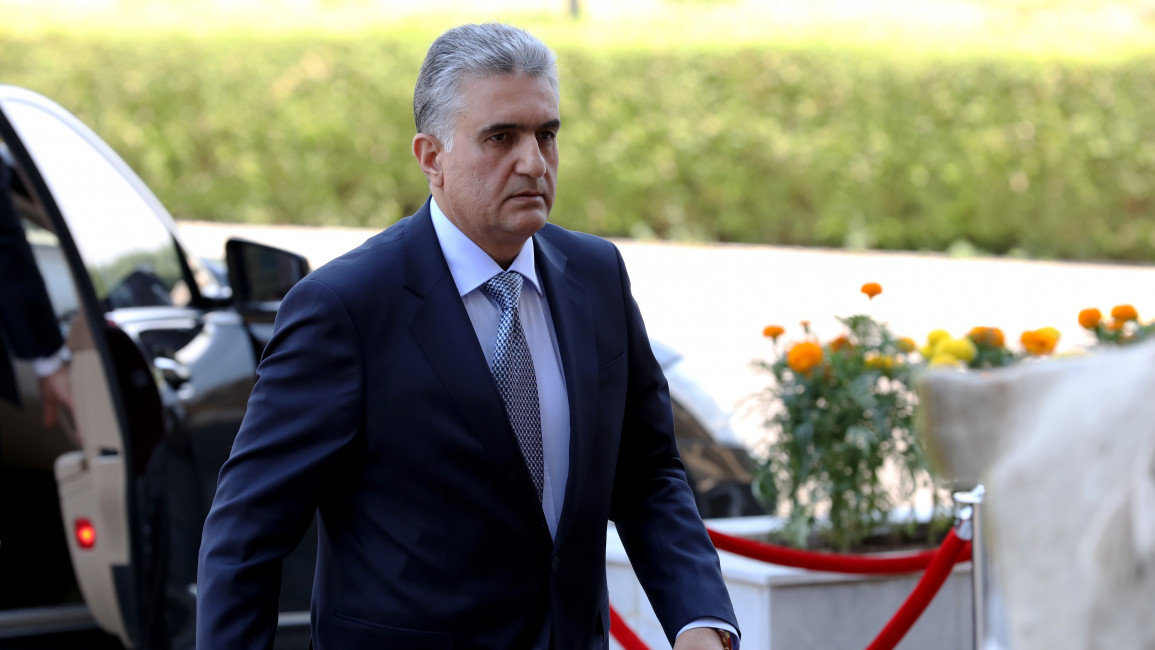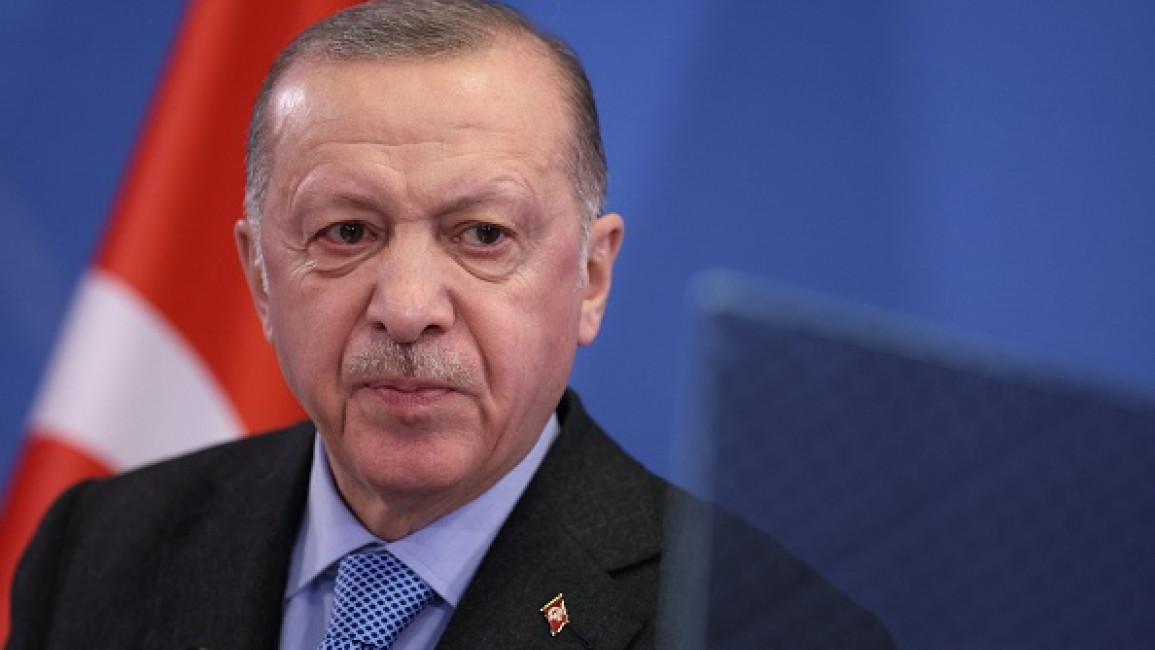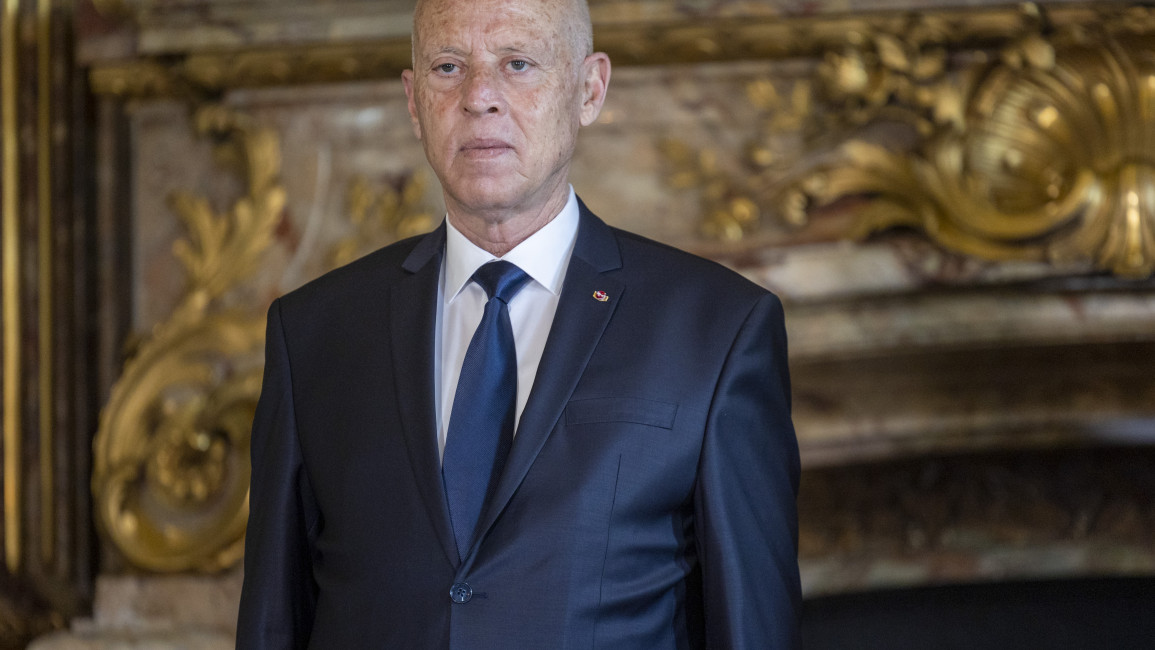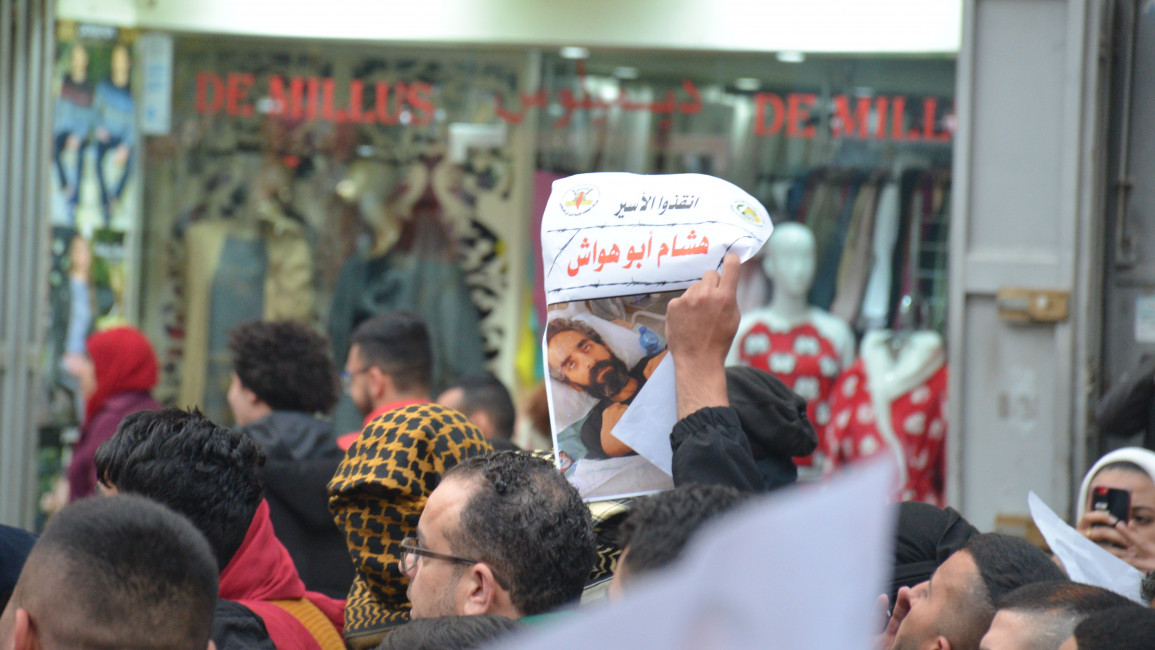The Hamas-affiliated Wafa bloc won 28 out of 51 seats in Birzeit University's student elections, despite Israeli authorities threatening students engaged in pro-Hamas campaigning.
The New Arab Staff
19 May, 2022
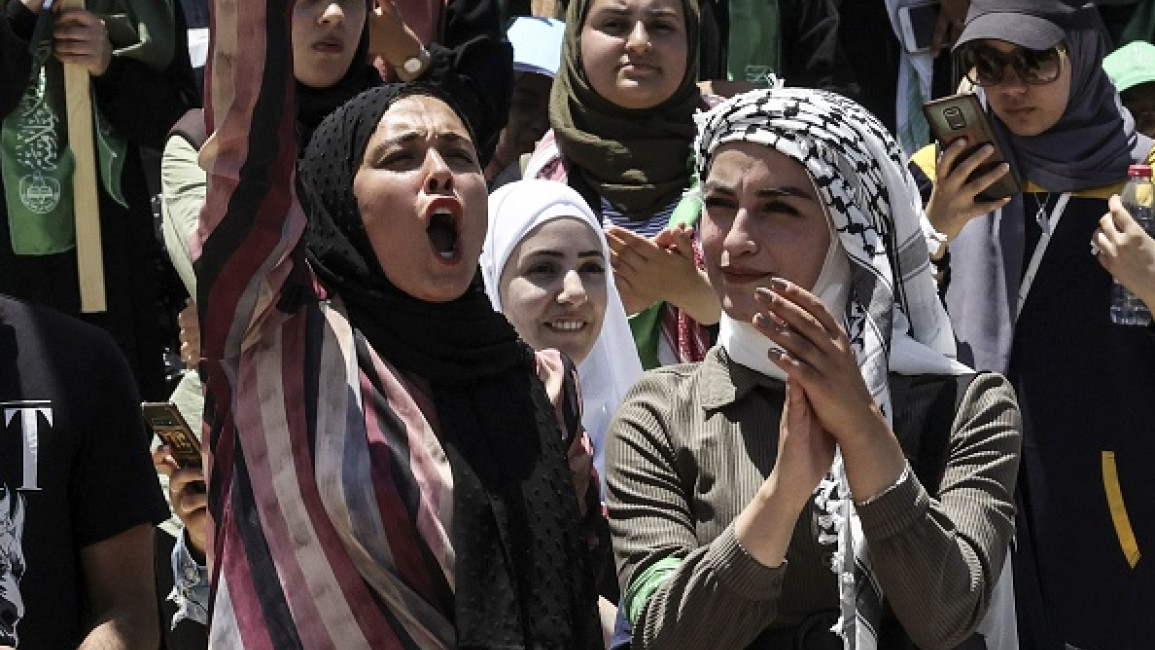
Supporters of the Wafa celebrated across Birzeit's campus [Getty]
A pro-Hamas student bloc is celebrating their victory in student elections at Birzeit University, one of Palestine's most prominent academic institutions.
The Hamas-linked Wafa group won 28 out of 51 seats on the student council, the university announced on Wednesday. The Fatah-linked Yasser Arafat student party have 18 seats.
The landslide victory came despite Israeli efforts to intimidate students into boycotting Hamas by sending threatening text messages to families of students and arresting Hamas candidates on the eve of the elections.
“Soon the day will come in which our people as a whole will have their say,” said Hamas West Bank commander Saleh al-Arouri in a brief video from abroad following the victory.
Supporters of the Wafa celebrated across the campus and a congregational Islamic prayer to express gratitude for the victory was scheduled.
Ramallah-based Birzeit University was once known for its pro-Fatah student body, but in recent years has shown leanings toward Hamas as discontent for Palestinian Authority governance continues to rise in the occupied West Bank.
RELATEDMENAThe New Arab Staff
In 2015, Hamas won the Birzeit University council elections for the first time in eight years.
In the following elections in 2019, Fatah and Hamas tied for 23 seats.
Birzeit University is one the oldest and largest Palestinian universities in the West Bank, with around 14,500 registered students in 2020, according to university records.
It has long been an important centre for Palestinian activism, with a number of its students currently political prisoners in Israeli jails.
Around 70 students from Birzeit University are currently under Israeli arrest, a spokesperson told The New Arab.
Prisoners' rights group Addameer says that the arrests serve Israel's ultimate goal of cementing its illegal occupation of the West Bank and maintaining its apartheid regime against Palestinians.
